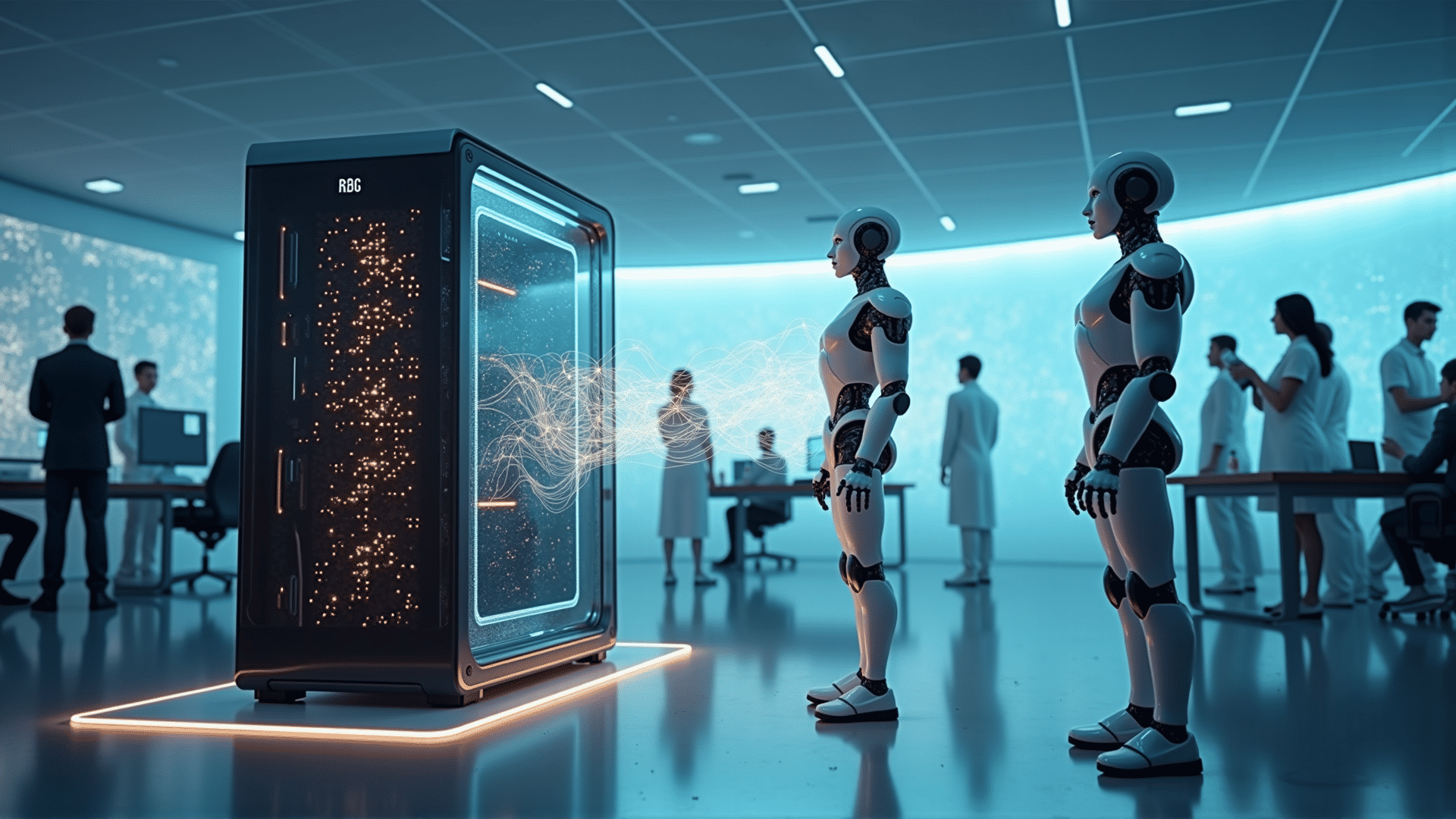Quantum computing and artificial intelligence (AI) are two of the most transformative technologies emerging in the scientific and technological domains today. Each has the potential to redefine entire industries and unlock new possibilities across various fields. When combined, they hold the promise of unleashing unprecedented advancements, paving the way for innovations that could reshape our world.
At the heart of quantum computing is its ability to process information in fundamentally different ways than classical systems. Traditional computers use bits as the smallest unit of data, representing either a 0 or a 1. In contrast, quantum computers use quantum bits or qubits, which can exist in multiple states simultaneously due to the phenomenon of superposition. This unique capability enables quantum machines to solve complex problems at speeds unimaginable with current technology.
Artificial intelligence, particularly its subset, machine learning, has been instrumental in automating and enhancing decision-making processes based on data patterns. When faced with massive datasets, classical computers struggle with the sheer volume of calculations required. This is where quantum computing promises to make a significant impact. Its ability to process and analyze these vast datasets more efficiently could drastically accelerate the training of AI models, leading to more sophisticated and capable systems.
The synergy between these technologies could catalyze breakthroughs in a number of fields. For instance, in pharmaceuticals, the combination of quantum computing and AI could expedite drug discovery processes by accurately modeling molecular interactions at a quantum level. This might not only speed up the identification of new compounds but also reduce the costs and time involved in bringing a new drug to market.
In the realm of cryptography, quantum computing poses both a challenge and an opportunity. While it threatens current encryption techniques, it also provides the tools to develop incredibly secure communication methods. AI systems, enhanced by quantum computation, could be the architects of next-generation security protocols, offering robust defenses against potential threats.
Moreover, optimization problems that are computationally infeasible for classical systems, like network routing, logistics, and material design, could find solutions with the combined power of AI and quantum computing. This blend can lead to innovations in fields ranging from telecommunications to aerospace engineering, offering efficient solutions that were previously out of reach.
However, the integration of these technologies is not without its challenges. Quantum computing is still in its formative stages, and building stable and scalable systems remains a significant hurdle. Additionally, translating quantum computational output for practical AI applications requires the development of new algorithms and paradigms.
The interdisciplinary nature of this research demands collaboration across fields, bringing together physicists, computer scientists, and AI specialists to solve these complex problems. As research continues, it is essential to foster regulatory and ethical frameworks that will guide the development and deployment of these powerful technologies, ensuring they are used to benefit society at large.
In conclusion, the intersection of quantum computing and artificial intelligence is a frontier filled with potential. By harnessing the strengths of both, we stand on the cusp of a technological revolution that could redefine what is possible, driving innovations that have yet to be imagined. As these fields advance, their confluence promises not only to enhance human understanding but also to empower us to tackle some of the world's most pressing challenges.
